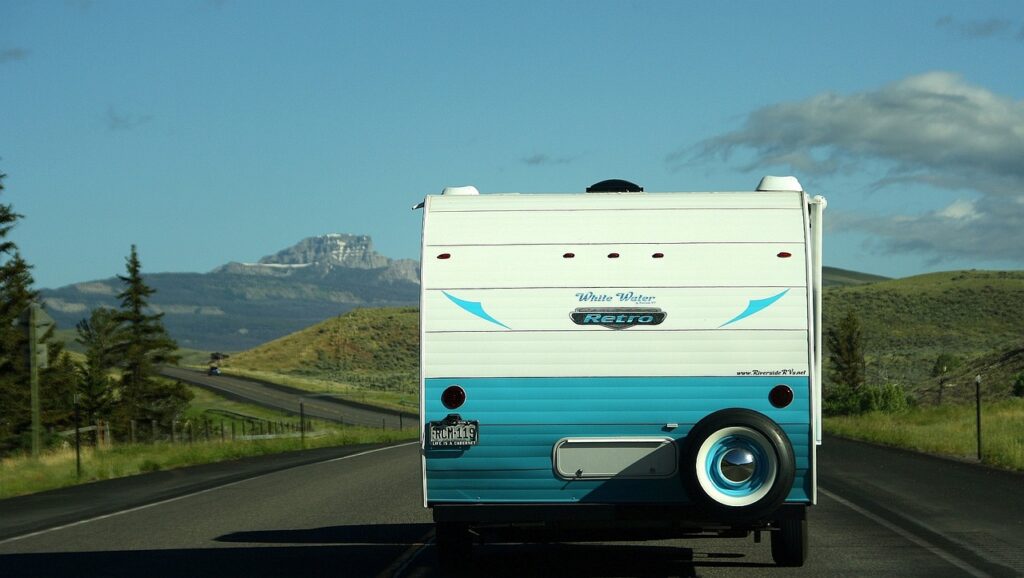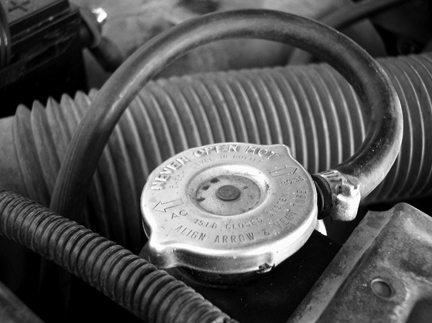It’s summertime and there’s no better way to embrace the season than by hopping in the car for a road trip adventure. Before you hit the highway, it’s important to make sure your car is ready for the journey.

To help you make sure your road trip goes according to plan follow this simple list of five ways to prepare your car for a smooth and enjoyable vacation.
Schedule a Comprehensive Vehicle Inspection
Before any long trip you should have your vehicle thoroughly inspected by a trusted auto technician. They will check the engine, brakes, fluid levels, tires, and all other vital components to ensure everything is in proper working order. Addressing any existing issues before your trip will help prevent potential breakdowns and ensure a safe and stress-free experience.
Check Tire Pressure and Rotate Your Tires
Your car’s tires are its only contact point with the road so taking care of them is essential to ensure your safety on the road. Begin by checking the tread depth and ensure there are no signs of uneven wear or damage. If your tires are worn, it’s advisable to replace them. Additionally, rotating the tires will promote even wear and enhance their lifespan, giving you a smoother ride and better fuel efficiency.
Change the Oil and Fluids
Regular oil changes are necessary for maintaining the health of your engine, which is especially important before a road trip. Schedule an oil change and ensure all other fluids, including coolant, brake fluid, power steering fluid, and windshield wiper fluid, are at their recommended levels. This preventive maintenance step will help keep your car running reliably under the summer heat and reduce the risk of overheating or engine damage.
Check the Air Conditioning System
Your summer road trip is no time to have an AC failure. Make sure your car’s air conditioning system is in optimal condition before your trip. Test the AC unit to verify that it’s blowing cold air and check for any strange odors or noises. If you do notice anything strange, have a professional inspect and service the system. Staying cool and comfortable will make your time in the car much more enjoyable.
Bring an Emergency Kit
Unexpected situations can arise at any time, even during a road trip. As a precaution, assemble an emergency kit containing essential items such as a spare tire, jack, jumper cables, flashlight, first aid supplies, and a roadside assistance contact number. This kit will provide peace of mind and help prepare you for any unforeseen circumstances that may arise along the way.
Remember, a little preparation can go a long way in ensuring a memorable and trouble-free summer road trip. So buckle up, turn up the tunes, and embark on your summer adventure knowing that your car is ready to take you wherever the road leads. Safe travels!
